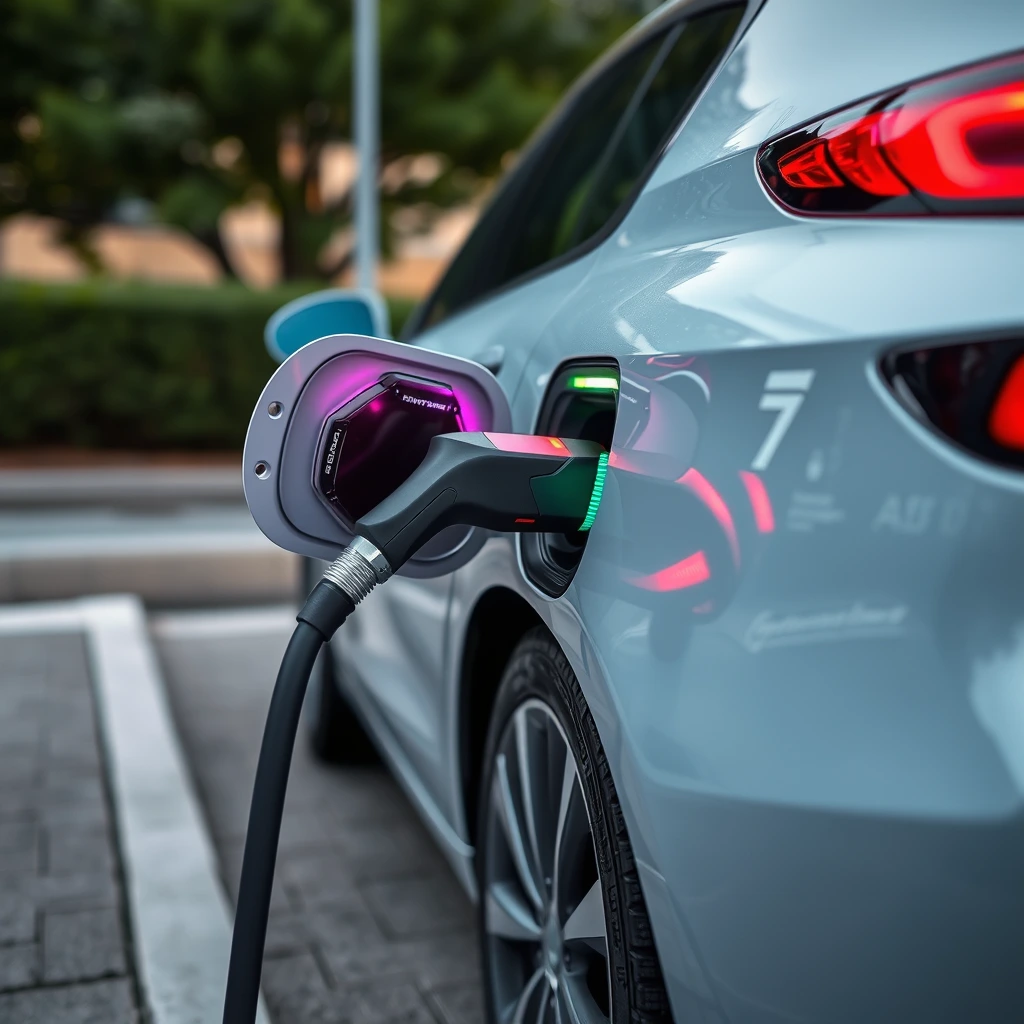As we watch the world of motor vehicles rapidly change, hydrogen-powered cars have started catching my attention as a fascinating alternative to both gasoline and electric vehicles (EVs). These cars, called fuel cell vehicles (FCVs), work by combining hydrogen and oxygen to generate electricity, producing only water vapor as emissions. The idea of driving a car that emits nothing but water is pretty cool, right? And what makes it even more appealing is that refueling a hydrogen car takes just a few minutes, much like filling up a gas tank. Imagine the convenience of quick refueling combined with the satisfaction of being eco-friendly—it’s an exciting thought.
But, as much as I love the idea of hydrogen cars, there are a few hurdles that make me wonder how likely it is that they’ll take off. One of the biggest issues is the lack of infrastructure. Right now, hydrogen fueling stations are pretty rare, so depending on where you live, finding one could be a challenge. Plus, producing and transporting hydrogen can be expensive, and depending on how it’s made, it’s not always the green solution we hope for. If the hydrogen comes from renewable sources, it’s great, but if it’s produced from natural gas, it still has a carbon footprint, which defeats part of the purpose.
On top of that, hydrogen cars are facing stiff competition from battery-electric vehicles. EVs have become much more accessible, with charging stations popping up everywhere and the technology behind batteries constantly improving. The cost of hydrogen cars is also an issue—they’re pricier than EVs, which may steer a lot of people toward electric options.
So, will hydrogen-powered cars be the future? I think they have real potential, especially with their quick refueling times and long driving ranges. But until we see more affordable vehicles and a larger hydrogen fueling network, it’s hard to say whether they’ll become mainstream. Personally, I’m rooting for them, but I also know they have a steep hill to climb to compete with the rapidly growing EV market. For now, it’s a waiting game to see if hydrogen can truly power the future of our roads.

